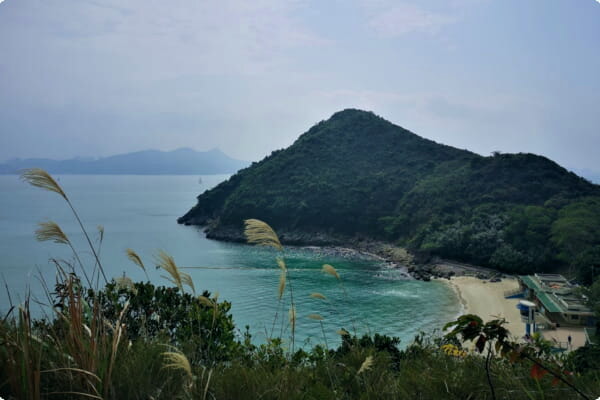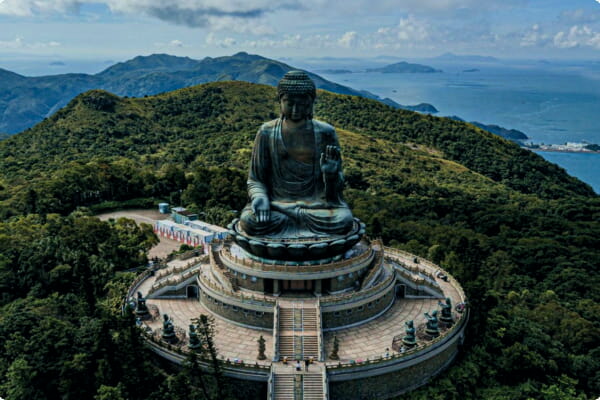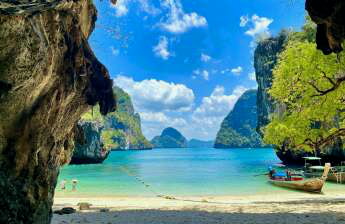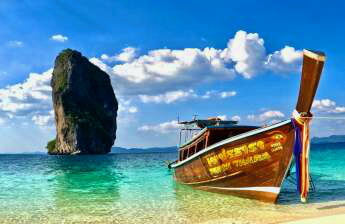Whether you are a resident or you are traveling to Hong Kong, there are a number of interesting facts about the island that you may not know. These include the fact that the island is home to some of the world's most expensive skyscrapers, and it is also known for its religious and Feng Shui traditions.
Skyscrapers
Compared with other major cities such as New York and Shanghai, Hong Kong has the greatest number of skyscrapers. In fact, there are over 1500 buildings in Hong Kong that are over 100 meters tall, whereas New York has approximately 70.
The majority of the buildings in the city are located on the north and west shore of Hong Kong Island, though there are some in Kowloon as well. The western district, Eastern District and the New Territories also have some impressive skyscrapers.
The Bank of China Tower is the most famous building in Hong Kong. It is the tallest building outside of the United States. It is a prism-like structure that was built in the 1980s. The structure caused controversy because of its unusual shape. It was not designed according to the traditional Chinese "Feng Shui" system.
Restaurants per capita
Compared to the rest of Asia, Hong Kong has a rich culinary culture. The city boasts more Michelin stars per capita than any other Asian metropolis. As such, it's no surprise that it's also home to dozens of unique and award-winning restaurants. Considering the sheer number of eateries in the area, it's not surprising that a diner's palate will never be bored. Having said that, it's not all glitz and glamour. A quality meal at an affordable price is not an impossible feat. In fact, Hong Kong is a food lover's paradise.
Aside from a plethora of high-end restaurants, the city is home to several lesser-known eateries that serve up some of the finest food and drink in the world. One such restaurant is Mora, a 28-seater on upper Lascar Row.

Typhoons
During typhoon season, Hong Kong is often struck by multiple systems. One of the most devastating typhoons in Hong Kong history was Typhoon Wanda in September 1962. In fact, the storm was the most powerful typhoon to hit Hong Kong in the past 100 years.
Typhoons have been known to cause devastating flooding in low-lying areas of Hong Kong. A tidal surge pushed by roaring winds swamped villages. The waters of the harbor rose by about six feet.
A typhoon can also cause immense amounts of rain. There were over 5,000 reports of fallen trees in the region.
The Hong Kong Observatory also issued a warning about the storm. The weather forecaster warned that the storm could be passing the southern part of Hong Kong in the early hours of tomorrow. He also advised people to remain vigilant and to stay indoors. He noted that the sky would be brighter after the storm passed.
Feng Shui
Besides its snazzy skyline, Hong Kong is a great place to find good Feng Shui. The city is covered by mountains that act as a defense against inclement weather. Many of the buildings in the city are built to follow the principles of Feng Shui.
The best place to find good feng shui in Hong Kong is at The Peak. The HSBC Building is a great example of how Hongkongers have incorporated the practice into their buildings.
The HSBC Main Building, which is a landmark in downtown Hong Kong, was built with feng shui in mind. It features bronze lions that greet visitors upon entering. The lions were created with the help of feng shui masters.
The HSBC building was the world's most expensive building when it was finished in 1985. Part of the cost is attributed to its high-tech look.

Religion
Those who live in Hong Kong have a wide variety of religious communities to choose from. Religion has a strong influence on local culture. Many people choose to follow a religion for different reasons.
The main religion in Hong Kong is Buddhism. There are a number of temples in the city. Those who practice Buddhism are mostly Chinese. There is also a small Sikh community in the city. Those who practice Hinduism are predominantly immigrants from India and Nepal.
Confucianism is also a popular religion in Hong Kong. It is based on the teachings of the ancient Chinese philosopher Confucius. There are a number of schools run by Confucians in the city.
Christianity gained a foothold in Hong Kong during the British Crown rule. The Anglican Church held a nominal privileged status until 1997. There are a number of Protestant churches in the city. They provide religious care to all their worshipers. Some of these organisations operate schools, nurseries, training centres, kindergartens, and other social services.





